This furtive childhood, this concealed degradation is ready to explode your systems sooner or later
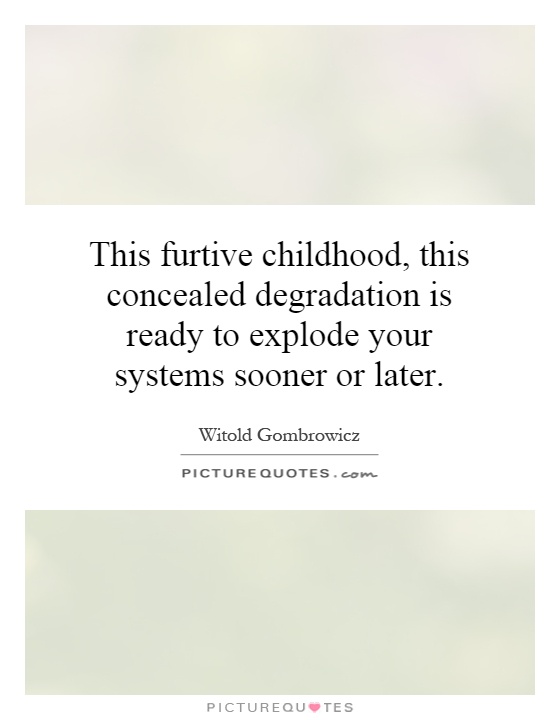
This furtive childhood, this concealed degradation is ready to explode your systems sooner or later
Witold Gombrowicz, a Polish writer and playwright, is known for his exploration of the human condition and the complexities of identity. His works often delve into the darker aspects of human nature, exposing the hidden truths and vulnerabilities that lie beneath the surface. In the quote, "This furtive childhood, this concealed degradation is ready to explode your systems sooner or later," Gombrowicz captures the essence of the internal struggles and conflicts that individuals face as they navigate the complexities of their own existence.Childhood is a formative period in one's life, shaping the individual's beliefs, values, and behaviors. However, Gombrowicz suggests that there is a furtiveness to childhood, a hidden aspect that is not readily apparent to the outside world. This concealed degradation refers to the darker, more troubling aspects of one's upbringing that may have been suppressed or ignored. These hidden traumas and insecurities can fester beneath the surface, waiting to erupt and disrupt the individual's sense of self.
Gombrowicz's exploration of this furtive childhood speaks to the idea that our past experiences, particularly those from childhood, have a profound impact on our present selves. The unresolved conflicts and traumas from our formative years can manifest in unexpected ways, affecting our relationships, behaviors, and overall well-being. The quote suggests that these hidden aspects of our childhood are like a ticking time bomb, ready to explode and disrupt our internal systems at any moment.
The idea of concealed degradation also speaks to the notion of shame and guilt that individuals may carry with them from their past. Gombrowicz suggests that these feelings of degradation, whether self-imposed or imposed by others, can have a corrosive effect on one's sense of self-worth and identity. The quote serves as a warning that these hidden aspects of our past can have a profound impact on our present and future selves if left unaddressed.

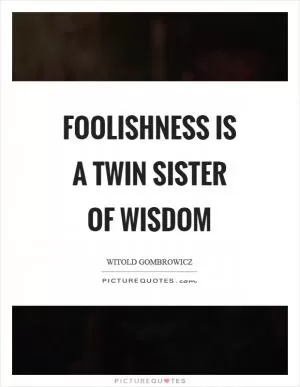
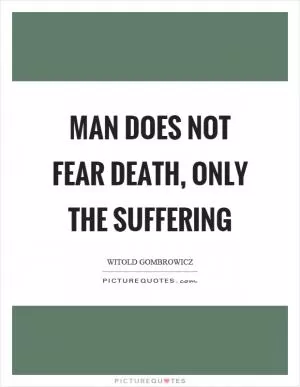

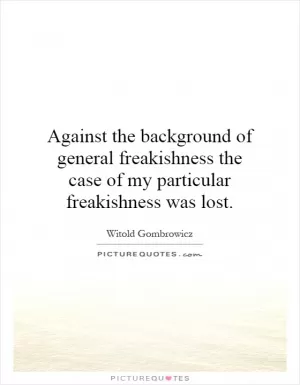
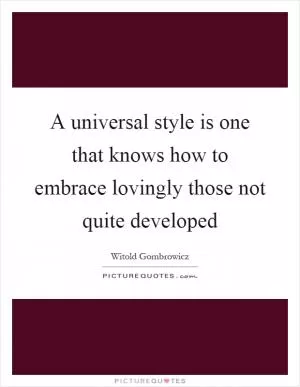
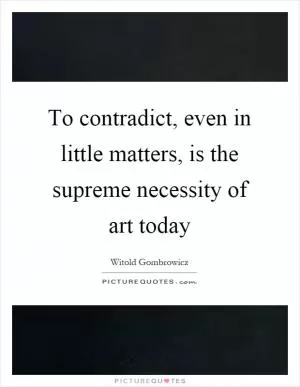



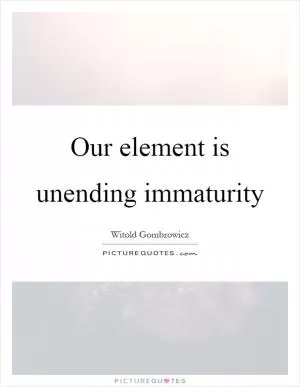

 Friendship Quotes
Friendship Quotes Love Quotes
Love Quotes Life Quotes
Life Quotes Funny Quotes
Funny Quotes Motivational Quotes
Motivational Quotes Inspirational Quotes
Inspirational Quotes